Description
Income tax is a tax imposed by the government on the income of individuals, businesses, and other entities within its jurisdiction. The amount of income tax owed is typically determined by applying a tax rate to the taxable income earned by the taxpayer.
Here are some key points about income tax:
- Types of Income Tax:
- Personal Income Tax: Imposed on individuals and is based on their total income.
- Corporate Income Tax: Imposed on the profits of businesses and corporations.
- Capital Gains Tax: Applied to the profit earned from the sale of assets such as stocks or real estate.
- Taxable Income:
- Taxable income is the portion of total income that is subject to taxation after deductions, exemptions, and other adjustments.
- Deductions can include expenses related to business, education, healthcare, and other eligible categories.
- Tax Rates:
- Tax rates can be progressive, where higher income levels are taxed at higher rates, or flat, where all income levels are taxed at the same rate.
- Different countries and regions have varying tax structures.
- Filing and Compliance:
- Taxpayers are typically required to file an income tax return annually, reporting their income and claiming any applicable deductions or credits.
- Non-compliance with tax laws can result in penalties and legal consequences.
- Tax Credits and Deductions:
- Tax credits directly reduce the amount of tax owed, while deductions reduce the taxpayer’s taxable income.
- Common tax credits include child tax credits, education credits, and energy efficiency credits.
- Withholding Tax:
- Some countries use a system of withholding tax, where employers deduct taxes from employees’ paychecks and remit them to the government on behalf of the employee.
- Global Taxation:
- Taxation may be based on residency or source of income, and international tax agreements can affect how income is taxed across borders.
- Changes in Tax Laws:
- Tax laws and regulations can change, and it’s important for individuals and businesses to stay informed about updates that may affect their tax liability.
It’s crucial to consult with tax professionals or refer to the tax regulations specific to your country or region for accurate and up-to-date information, as tax laws can vary significantly.
A PAN (Permanent Account Number) card is a unique identification number assigned to individuals, families, and businesses for the purpose of income tax identification in India. Here are some key points about the PAN card:
- Purpose:
- The primary purpose of a PAN card is to track financial transactions that might have a taxable component and to ensure that the government can identify all tax-paying entities.
- Issuing Authority:
- The PAN card is issued by the Income Tax Department of India.
- Structure:
- A PAN card is a 10-character alphanumeric identifier, issued in the form of a laminated card. The structure of the PAN is in the form of ABCDE1234F, where the first five characters are letters, the next four are numbers, and the last character is again a letter.
- Application Process:
- Individuals and entities can apply for a PAN card through the NSDL (National Securities Depository Limited) or UTITSL (UTI Infrastructure Technology and Services Limited) websites.
- The application can also be submitted through authorized PAN service centers.
- Mandatory for Financial Transactions:
- PAN is mandatory for various financial transactions, including opening a bank account, receiving a salary, buying or selling assets, and conducting business transactions above a certain threshold.
- Filing Income Tax Returns:
- Every individual and business entity that is required to file an income tax return must possess a PAN.
- International Transactions:
- PAN is also required for individuals and entities involved in international transactions and for Non-Resident Indians (NRIs).
- Linking Aadhaar with PAN:
- The Indian government has made it mandatory to link Aadhaar (a 12-digit unique identification number) with PAN for filing income tax returns.
- Verification:
- PAN details can be verified online through the Income Tax Department’s website.
- Changes and Corrections:
- In case of any changes or corrections in the information provided in the PAN card, individuals can request corrections or updates through the online portal.
It’s important to note that the PAN card is specific to India, and other countries may have different systems for tax identification. If you have specific questions about the PAN card or its application process, it is recommended to check with the official websites of NSDL or UTITSL or consult with authorized PAN service centers

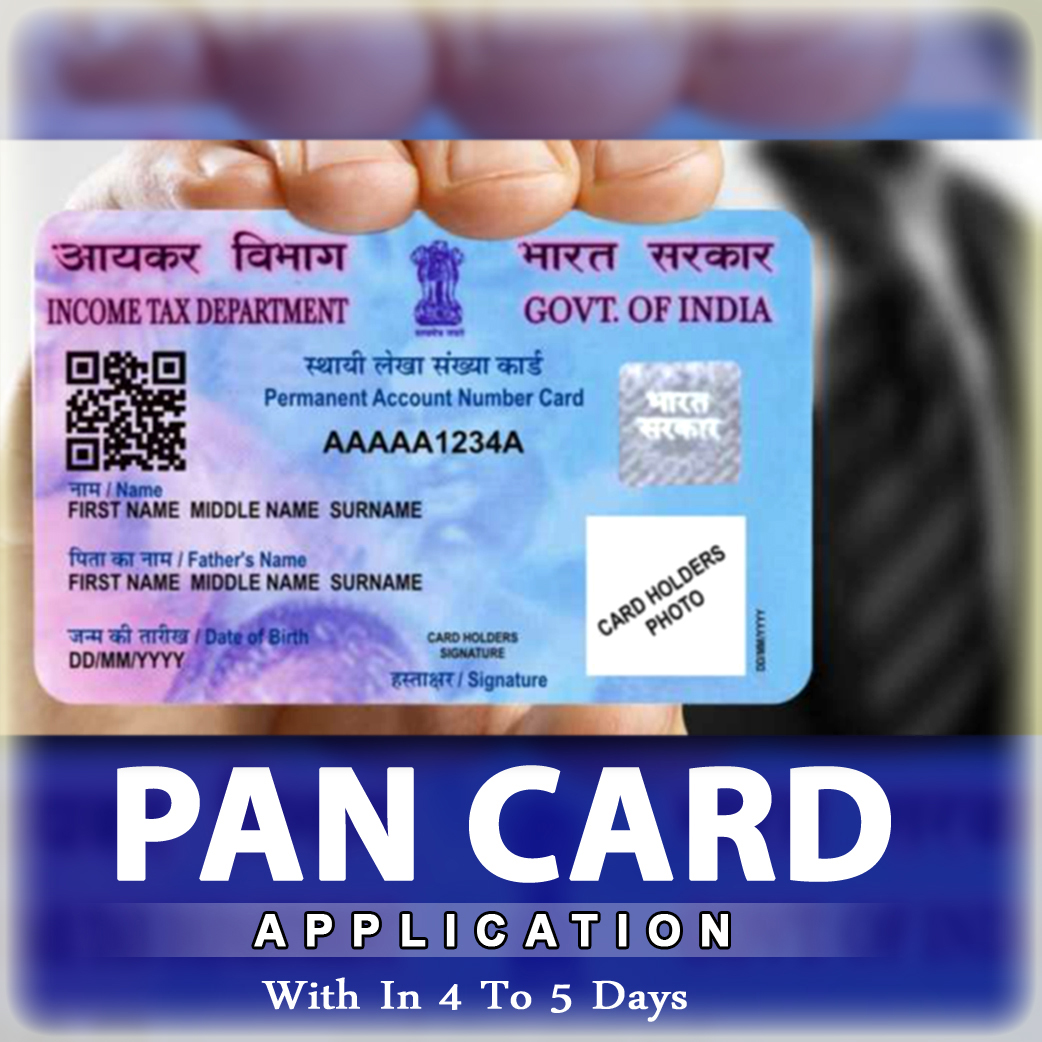

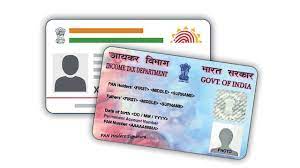
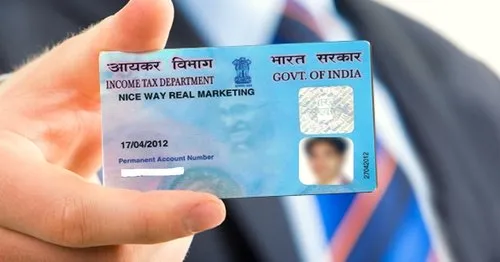

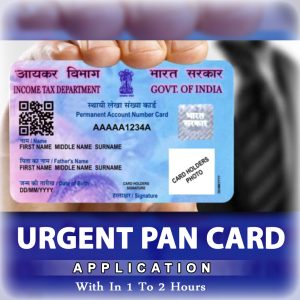
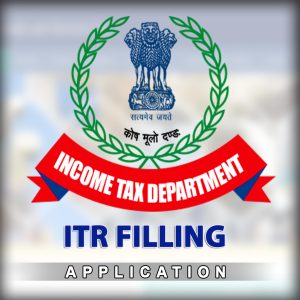


Reviews
There are no reviews yet.